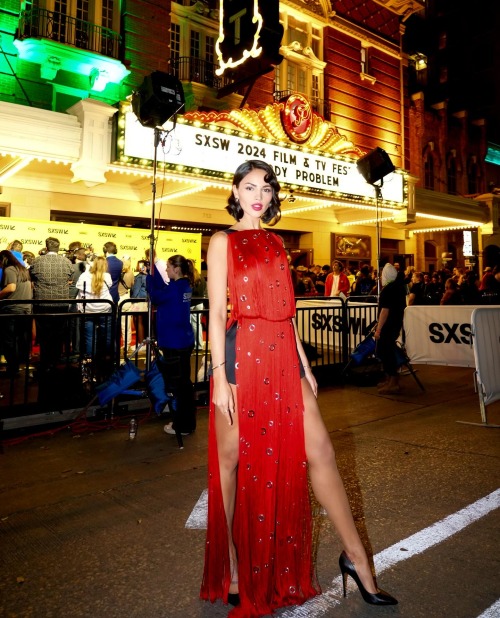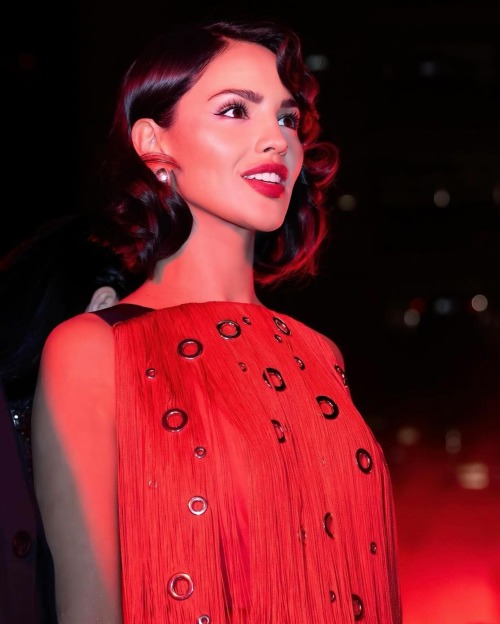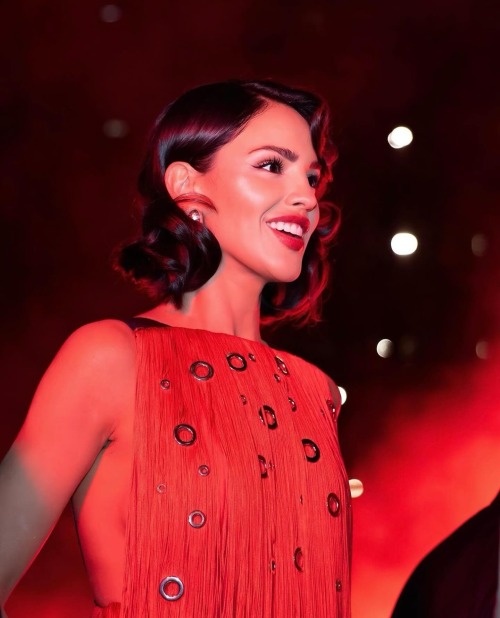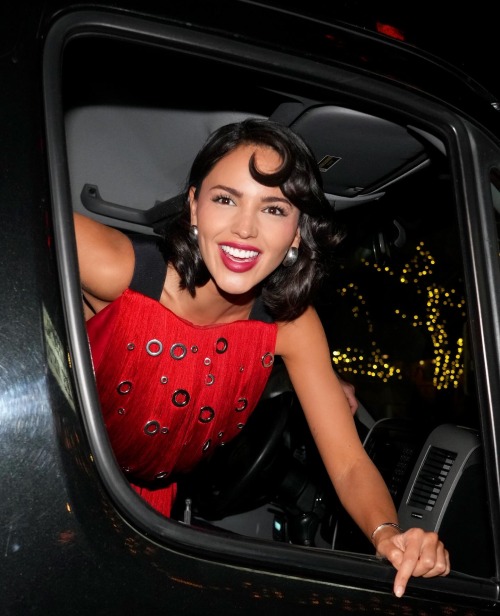
ENG / GER 📝✒️| DIGITAL ARTIST | WRITER & TEACHER | TV SHOW FANATIC | GAMES | GAME DEV ENTHUSIAST | HOMEPAGE Letterboxd_ Instagram_ Twitter_
247 posts
Mrbensonmum - MrBensonMum




-
 junixstuff liked this · 11 months ago
junixstuff liked this · 11 months ago -
 mrbensonmum reblogged this · 11 months ago
mrbensonmum reblogged this · 11 months ago -
 mrbensonmum liked this · 11 months ago
mrbensonmum liked this · 11 months ago -
 fantasiesinflight liked this · 11 months ago
fantasiesinflight liked this · 11 months ago -
 nhlovesadri3 liked this · 11 months ago
nhlovesadri3 liked this · 11 months ago -
 nousername78934628 liked this · 11 months ago
nousername78934628 liked this · 11 months ago -
 batoswift13 liked this · 11 months ago
batoswift13 liked this · 11 months ago -
 panama24 liked this · 11 months ago
panama24 liked this · 11 months ago
More Posts from Mrbensonmum

" In Space, no one can bother you Chill "
-Alien theme Lofi- .2024
IG: https://www.instagram.com/pixeljeff_design/

Watched this masterpiece at a local cinema today and it can still hold up! The audio (including the absence of sound) and visual language is breathtaking, also the setting and all the background...the artist in me is happy for the next few days.

Today a classic action film in the local cinema. Probably ten years ago I saw this RoboCop the last time and have to admit, I'm a bit stoked to see it on the big screen and in OV.
TV Shows - 3 Body Problem III
The universe winked at us! Man, I can't get enough of this visual representation. Just imagine that you’re coming home one evening or on your way. The night sky isn’t too obscured by the city's background light, so you can see many stars. Suddenly, everything starts blinking like a TV constantly turning on and off. I praise the creators' creativity here because this visual event is just amazing and surpasses the book’s depiction, even though the same thing happens!

I always have to think about Saul, wondering if he is Lou Ji, as it fits with what happens later, especially in the conversation with Ye Wenjie as they mourn her daughter Vera.
Auggie is definitely Wang Miao. In the book, he is practically used to introduce the story, and he is also the person who sees the countdown. Again, the visual representation in the series surpasses that in the book.
But with all the comparisons, we can’t forget Da Shi, played by Benedict Wong. Interestingly, his character's name was changed in IMDb; he was originally called Clarence Shi. I found him fascinating in the book, and it's the same in the series, even though he is portrayed a bit more moderately in the series than in the book. Still, his traits from the book are recognizable.
In general, the series explains a lot, which the book, being hard science fiction, does less often. Although there are explanations for various names and terms at the end of each book, the characters don't always explain everything in the book.
Please excuse all the comparisons with the book; I’m just fascinated by how some things were implemented. Sure, I could sit and complain about all the changes, but what would be the point? I prefer to enjoy the portrayal and explore the differences.
Jin Cheng now really experiences the game for the first time, and we also learn more about the Trisolarans. I understand that they had to cut some parts, and thus we don’t learn much about this civilization yet. In the books, this information is also spread out but with higher intensity. I hope more will be revealed later.
One thing I want to highlight is the music, which was excellently chosen and composed by Ramin Djawadi.
In the German dubbing, she has a great voice (yes, I have a strong affinity for voices and dubbing), and in the second episode, we meet her for the first time, Sophon! That’s her name in the series and on IMDb, but in the book, based on her description and role, she should be Tomoko. We’ll get to know her better later, but she is already a fascinating character.
Jack is actually a character that annoys me a bit. I can't think of an equivalent in the book, and I don’t know why he is portrayed so drastically in the series. The question is if he is only there to give Will his money so he can buy the star for Jin Cheng, thus setting further events in motion.
This brings me back to the thought that Netflix might make a cut and not show everything from the books, but rather end at a certain point, though I wouldn't know what the right place would be. I also wonder what from the books will be included because there are many main locations and also some side plots. Yes, the character development is super exciting, and I am looking forward to that, but what’s coming and how it will be portrayed is another level of excitement. Especially the events from the last book—there's one thing I’m curious if they will include or not, because the way it's depicted will be, in my opinion, a real challenge. I'll reveal exactly what I mean at a later time.
What I find pleasant, and this aligns mostly with the book, is the location. Not in big America, but in England, which is just as fascinating and a nice change since it’s not so overdone.
I’m curious why some things were "toned down." The fate of the Trisolaris civilization is much more devastating in the book than shown in the series. The planet they live on was torn apart many eras ago. The civilizations that have gone through it number over 900 in the book, but a bit less than 300 in the series. They could have amped up the drama here, just like the later event involving Will.
TV Show - The Fall of the House of Usher
After an entertaining and very well-made first season of Only Murders in the Building, I felt the need to dive into something different. I remembered that I had once started The Fall of the House of Usher but turned it off right after the opening scene in the church. However, during a little book shopping tour, I saw a beautiful edition of The Fall of the House of Usher (which I ended up not buying), and it made me think I should give the show another chance.

Although Edgar Allan Poe's short stories serve as the inspiration, you quickly realize the allegorical nature of the characters. Yes, they are exaggerated and often over-the-top, but it also becomes clear that there are real-life counterparts. I won’t go into detail about whom those real-life figures might be—you’ll have to figure that out for yourself.
As a heads-up, comparing the characters to real people while watching the show can be quite entertaining!
This doesn’t only apply to the characters, though. Themes like ultra-wealthy family dynasties, abuse of power, and the corrupt practices of the pharmaceutical industry are also explored.
You quickly learn that the show revolves around the Usher family, though it takes a while for the details to unfold. What is revealed in the opening minutes is that it’s about the legacy of the two Usher siblings and why all of Roderick Usher’s children are dead. Along with that, we meet the prosecutor, Auguste Dupin, and with that, we have the main group around which the story centers—so it seems.
The first episode sets an intriguing framework and shows us right away that standard storytelling methods are only partially in use here. The conversation between Roderick Usher and Auguste Dupin serves as the base, and from there, many threads branch out across different time periods. Rarely is any timeline told all the way through; instead, there are constant additions. You can sense this storytelling style right from the first episode, and it skillfully weaves in a tension-filled narrative arc.
Fortunately, as I already peeked ahead a little, this applies to the storytelling around the children's deadly circumstances as well. "First episode for introduction, then one episode per child, and the last episode as the big finale." But that’s not how things will unfold here—you notice that right at the beginning of the first episode. Throughout, this unique storytelling style becomes more evident. The narrative constantly shifts back to Roderick and Auguste, to the past, or to scenes involving one of the other children. It doesn’t focus too heavily on just one scenario. This can be challenging for the viewer, but also refreshing.
Another point that stands out immediately is the style and visual presentation of the series. Sometimes it’s obvious, and sometimes it’s not, but CGI is often used as a tool to enhance scenes. As grand and inflated as some characters may seem, their surroundings reflect this as well. A strong contrast here is the location of the conversation between Roderick and Auguste, which takes place in the now decaying and dilapidated Usher family home.
I’m really looking forward to what’s to come, even though I already know a lot due to my overly eager research after the first episode. But that doesn’t bother me at all, as the visuals, as mentioned before, are captivating, and I’m excited to see what other challenges the show has in store for me.